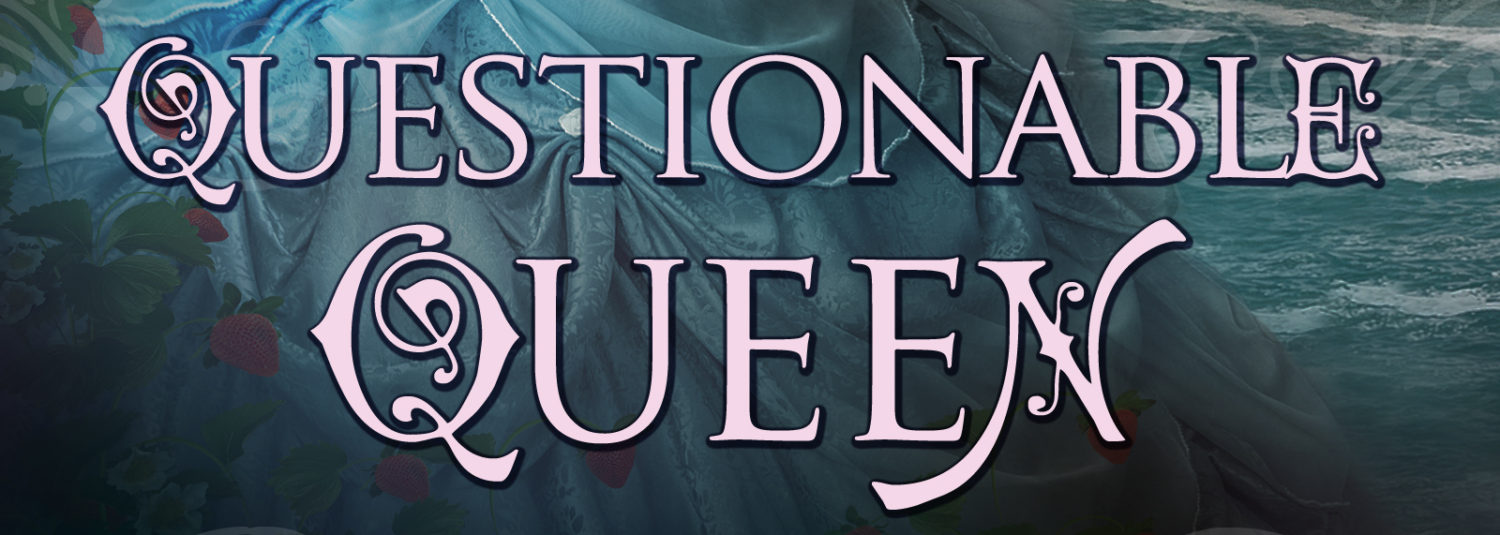Since the RWA National Conference, I have believed that I was a hardcore pantser – someone who gets a story idea and dives, blindly, into the mist and trusts that the story will present itself. In workshops at the conference, I heard other hardcore pantsers talk about their writing process. Several of them are multipublished and even bestsellers.
I even went to a workshop in which the presenter had the participants evaluate themselves and I came up 100% pantser.
I went home convinced that God was bashing me over the head with a two by four (which He does often because I’m so thick headed) to tell me that He wants me to be a writer. The picture on the misselette the Sunday after the conference, in the church in Orlando, Mary, Queen of the Universe, was of “Jesus, the Storyteller.”
I decided to attack my writing as a true pantser – no planning – just writing.
I haven’t finished anything since then. I’ve started several books and they have all stalled.
So, I’ve decided that I need to figure out how to plot and I’m stumped. I get so caught up in the rules, and forms to fill out and things like the Three Act Structure and Goal, Motivation and Conflict, that I freeze.
I know I need to have guideposts or something. Something to shoot for or head for when I’m writing, but as a pantser, I don’t always know where I’m going until I get there.
If any of you are panters who are reformed or who have advice on how to keep the mist from overwhelming me, please help me figure out how not to get lost.





Trackback 9
TrackBack URL
http://nancysbrandt.com/2011/03/pantser-plotter/trackback/